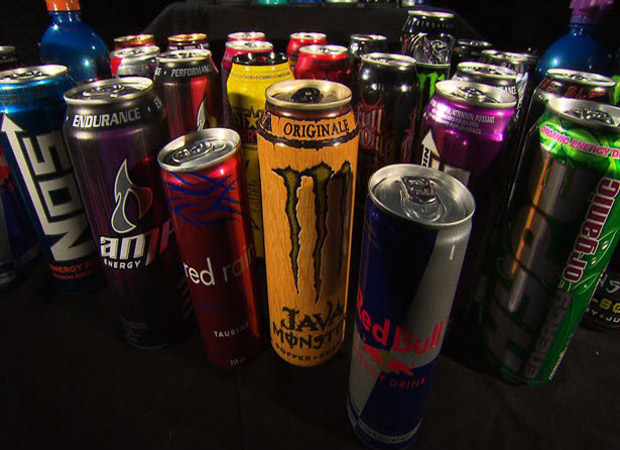OTTAWA – Health Canada unveiled new rules for energy drinks requiring companies to cap the amount of caffeine in the beverages and divulge all the ingredients contained in the controversial products.

The colourful cans promise a burst of energy and alertness, but doctors have been warning they may also mean health problems such as elevated heart rates, seizures and heart disease.
Most of the problems are linked to the beverages’ high levels of caffeine – levels that until now did not have to be disclosed.
Drinks like Rockstar and Red Bull were considered a natural health product, meaning they did not have to list nutritional information on their packaging.
Thursday’s rules change all that in a bid to give consumers power over their health.
“As a parent, I need to have access to as much information as possible, to help us as a family make good decisions when it comes to what we eat and drink,” said health minister Leona Aglukkaq. “I believe today’s changes will be especially helpful to the parents of teenagers who regularly consume energy drinks.”
Health Canada set the caffeine limit for young people ages 12 to 13 at about 85 milligrams, but many of the energy drinks are well above the safe limit for kids.
The new rules mean companies must limit caffeine levels to 180 mg in a single serving – the same amount as a medium coffee. Levels of vitamins and minerals must also be within safe levels, according to the new rules.
A recent Global News investigation found that six popular brands of energy drinks all had more caffeine than advertised.
- Buzz kill? Gen Z less interested in coffee than older Canadians, survey shows
- Naloxone-resistant street drug linked to 9 deaths in Eastern Canada seized in Alberta
- Bird flu risk to humans an ‘enormous concern,’ WHO says. Here’s what to know
- ‘She gets to be 10’: Ontario child’s heart donated to girl the same age
The discrepancy could be an ingredient called guarana, which comes from one of the most highly caffeinated plants in the world.
Doctors and scientists alike have been raising alarm bells over the high amounts of caffeine contained in the controversial drinks.
An editorial in the Canadian Medical Association Journal published last summer warned that the caffeine levels in the drinks can pose serious health risks and urged the government to mandate stronger warning labels.
An Australian study found that healthy young adults who started drinking the beverages had higher risk of blood clots in coronary arteries, heart disease and even heart attacks.
Other studies have linked the drinks to higher heart rates, elevated blood pressure, seizures and high-risk behaviour.
Health Canada received 78 reports of adverse events from energy drinks in 2010, including two suspected deaths.
Aglukkaq also announced changes to the way complaints process, forcing energy drink makers to report any health complaints to Health Canada.
Previously, it was up to consumers to forward concerns or adverse reaction reports to the federal department themselves.
Cans will also come with a warning not to mix the energy drink with alcohol, a common practice by bartenders and college students. The department already requires companies to put warning on the cans, saying the product is “not advised for children, pregnant women or people who are caffeine sensitive.”
Health Canada said the changes will be in place within the next two years.
The changes come after Aglukkaq appointed an expert panel to investigate the energy drinks.
The panel recommended the energy drinks only be sold from behind the counter at pharmacies, but the government rejected the idea.



Comments